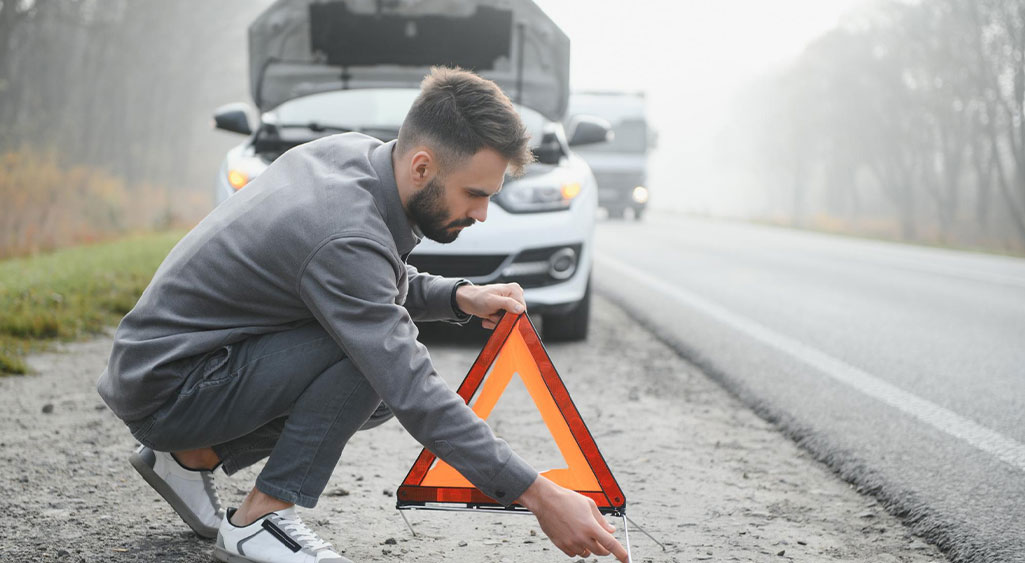
 Request FREE consultation - 1866-758-4529
Request FREE consultation - 1866-758-4529 
A person should know what to do after being in an accident with a commercial vehicle, especially in the immediate aftermath of a motor vehicle accident involving a big truck. Big trucks can be large box package delivery trucks, tankers carrying liquids, garbage trucks, and big rigs, sometimes called 18-wheelers. Due to the sheer size, weight, and momentum of large trucks, the injuries suffered by other vehicles can be most catastrophic. A big rig jack-knifing on an interstate highway at 80 miles per hour can involve dozens of cars and result in mass casualties.
If you are involved in an accident with a large truck, the first thing to remember is to stay at the scene and do not leave the area. There are severe penalties in Texas for leaving the scene of an accident where another person was injured or killed. If it is safe and a person can exit their car, they should administer first aid to anyone in need and also call 911 to alert the police and request immediate medical assistance.
After you have helped others to the extent you are capable and called 911, the next step is to accept the ambulance ride to the local hospital’s emergency room. Your injuries may be apparent, but sometimes they are not and do not materialize for days or weeks to come. Seeking immediate medical attention will also help document your initial pain and problems. Above all, remember to give large trucks plenty of room and don’t expect them to see you.
Big truck drivers are on a tight schedule and pushed to the limit to deliver their cargo as quickly as possible. Time is money, and the faster they can do the job, the more money their company makes. Drivers often drive for long hours without rest and can fall asleep at the wheel.
A commercial driver can also drive recklessly and exceed the speed limit to reach their destination quickly. Companies with trucks on the road must maintain detailed logs of their driver’s activities. If you are involved in an accident with a big truck, you need to call a personal injury attorney to secure important evidence as soon as possible.
Pick a lawyer who specializes in commercial vehicles, as they will have the expertise to move your case quickly along without having to learn on the job.
From a legal standpoint, answer the questions that the police put to you, but be careful what you say to the truck driver.
Remember, truck insurance adjusters, including those from your own insurance company, will in some cases rush to the scene to assess the damages that their companies may be liable. Insurance agents and adjusters work for the insurance company, not you, and their job is to reduce or eliminate paying out claims.
As a general rule, the less you say to them, the better, and let your injury lawyer do the talking for you.
After calling 911, contact an experienced and knowledgeable attorney specializing in big rig accidents. You may have to sue the truck company and driver for reimbursement of medical expenses, lost wages, pain, and suffering, and other legal damages.
Call the truck accident attorneys in Texas for a free case evaluation- (281) 893-0760
Related Resources: